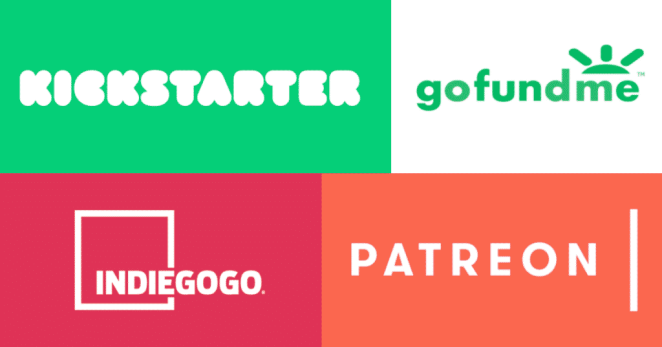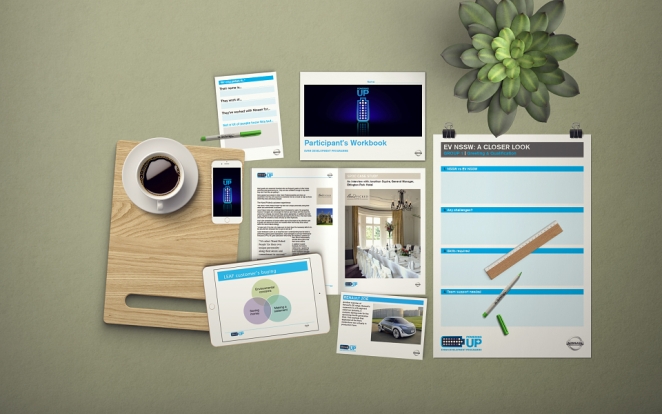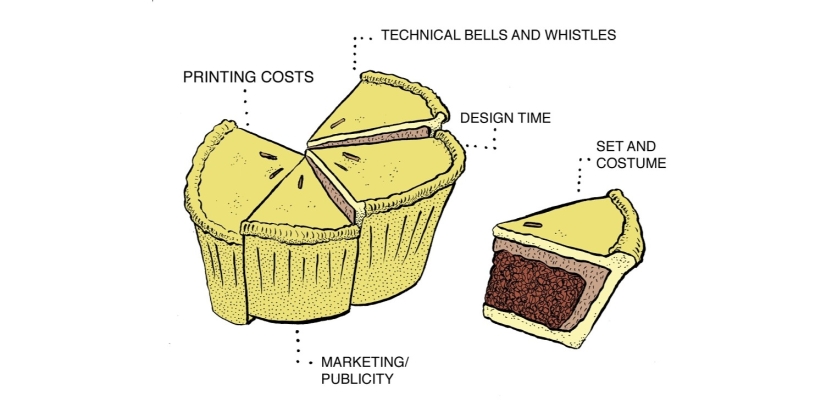There was a time, not too long ago, when crowdfunding was seen as a bit of a gimmick. Today, however, it’s a legitimate source of revenue for thousands of successful brands and for startups with a little wind already in their sails, it’s perhaps the most organic option available today.
For creatives looking to finance their passion projects, it’s a genuine godsend as platforms like Kickstarter, Indiegogo, and Patreon provide a unique opportunity to bring artistic visions to life by connecting creators directly with supporters.
However, achieving success in crowdfunding requires more than just posting your project online and hoping for the best. It involves careful planning, strategic execution, and effective engagement with potential backers.
Understanding Crowdfunding for Creatives

Crowdfunding allows artists, filmmakers, writers, and other creatives to raise funds by collecting small contributions from a large number of people, typically via online platforms. It democratizes funding by enabling creators to bypass traditional gatekeepers like publishers, studios, or galleries, and reach out directly to their audience.
Key Benefits of Crowdfunding for Creatives:
- Creative Freedom: Avoids compromises often required by traditional funding sources.
- Market Validation: Provides early feedback on your project's potential.
- Community Building: Fosters a dedicated audience and loyal fanbase.
- Marketing Boost: Generates buzz and visibility for your project.
Choosing the Right Crowdfunding Platform
Different platforms cater to various types of projects and funding models:
- Kickstarter: Best for all-or-nothing campaigns where you only get funded if you reach your goal.
- Indiegogo: Offers flexible funding, allowing you to keep whatever funds you raise.
- Patreon: Ideal for ongoing support and monthly contributions, often used by content creators like podcasters or webcomic artists.
Planning Your Campaign

Richard Hill
A successful crowdfunding campaign begins with meticulous planning:
1. Define Your Goals
Set clear, realistic funding goals. Determine the minimum amount needed to bring your project to life and factor in costs like platform fees, production, and shipping.
Tip: Include a stretch goal strategy to engage backers further if your initial goal is exceeded.
2. Craft a Compelling Story
Your campaign should tell a compelling story about why your project matters and how it will make a difference. Highlight your unique vision, the problem it solves, or the value it adds to the community.
Tip: Use emotional appeals and personal anecdotes to connect with potential backers on a deeper level.
3. Develop a Budget and Timeline
Provide a detailed budget breakdown showing how the funds will be used. Present a realistic timeline for project completion, including milestones for backers to track progress.
Tip: Buffer in extra time and funds for unexpected challenges or delays.
4. Create Reward Tiers
Offer enticing rewards to incentivize contributions at different levels. These can range from digital downloads and limited editions to exclusive experiences or merchandise.
Tip: Ensure rewards are valuable, unique, and aligned with your project's theme.
Executing Your Campaign

Matt Gurr
Launching your campaign is only the beginning. Continuous engagement and promotion are key to maintaining momentum.
1. Leverage Multimedia
High-quality visuals and engaging videos are essential. Showcase your project's concept, introduce yourself, and explain how backers’ contributions will be utilized.
Tip: Keep videos concise (under 3 minutes) and include subtitles for accessibility.
2. Utilize Social Media
Use social media platforms to spread the word about your campaign. Share behind-the-scenes content, updates, and testimonials to keep your audience engaged.
Tip: Create a content calendar to ensure consistent and timely posts across all platforms.
3. Engage Your Community
Interact with your backers through updates, comments, and messages. Acknowledge their support, answer questions promptly, and show appreciation for their contributions.
Tip: Host live Q&A sessions or virtual events to foster a sense of community and transparency.
4. Collaborate with Influencers
Partnering with influencers or bloggers in your niche can help amplify your campaign's reach. Their endorsement can lend credibility and attract a broader audience.
Tip: Offer influencers incentives, such as early access to your project or exclusive content.
Post-Campaign Strategy
Once your campaign ends, the work doesn't stop. Fulfill your promises and continue to engage with your supporters.
1. Deliver Rewards Promptly
Stick to the promised delivery schedule for rewards. If delays occur, communicate transparently with backers to manage expectations.
Tip: Provide regular updates on production status and shipping timelines.
2. Maintain Engagement
Keep your supporters informed about the project's progress even after the campaign. Share success stories, upcoming projects, or exclusive updates to maintain their interest and support.
Tip: Consider moving your community to a platform like Patreon for ongoing support.
Remember, the essence of any successful crowdfunding campaign lies in authenticity, preparation, and continuous engagement with your supporters. So why not embrace the power and the genius of the crowd this year and watch your creative projects flourish.




